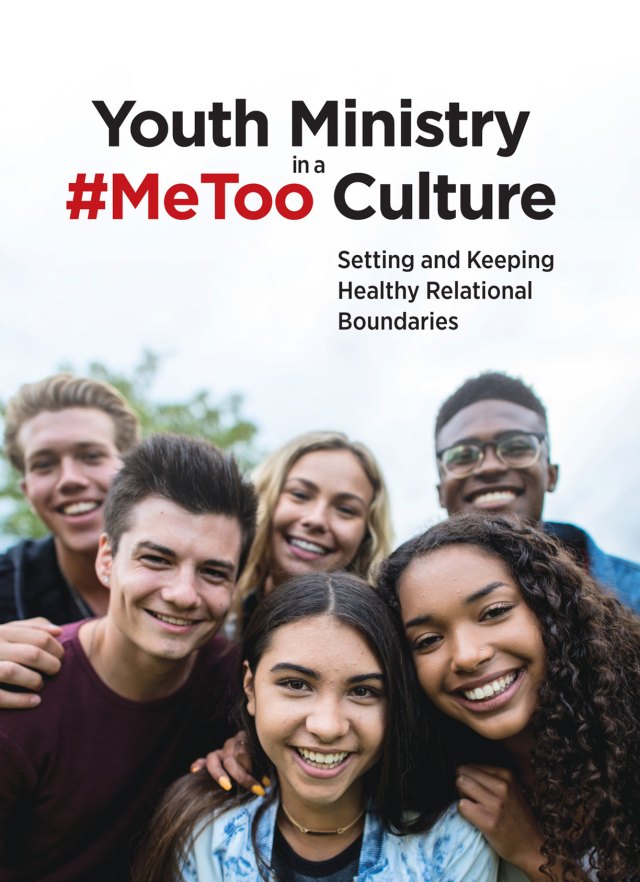- Unfortunately, this is an evolving area of the law and so there is no definitive answer to your question.
- Ultimately, it is a matter of how risk averse your church is. If your church wants to be absolutely certain that there will be no legal consequences, then it will need to obtain the signed consent of the parents of every child who appears on the DVD. Anything less than this will result in some risk.
- If your church will commercially benefit from the videos or images (i.e., you intend to sell them at a profit) then it may be liable for invasion of privacy.
- Legislation has been introduced in some state legislatures to ban taking images or videos of minors without parental consent. These initiatives have raised constitutional and pragmatic arguments. For example, what about a mother taking a picture of her child on a beach with other minors in the background? Or a newspaper photographer, or parent, taking pictures of a high school basketball game? Do we really want these persons to be guilty of a crime unless they obtain parental consent?
- Check with your local public school district to see what their policy is on taking images or videos of students. Aligning your church’s practices with public schools nearby is an excellent risk management tool, since following the practice of state-established schools is compelling evidence that your church has satisfied any duty of care.
- Your church needs to be alert to two risks whenever it takes images or videos of children: (1) providing invaluable information to the pedophile community that may enable them to have access to children; (2) providing noncustodial, biological parents with the whereabouts of their children. These risks can be reduced, to some extent, by refraining from including any personally identifiable information on the DVD your church creates, and by not putting the images of videos on any Internet application.
- While not applicable to most churches, the Children’s Online Privacy Protection Act (COPPA) was amended recently to expand the scope of material that cannot be placed online without parental consent to include GPS data, photos, and videos.

Q&A: Is Parental Consent Needed for Children on Church Videos?
Seven things church leaders should note on this evolving area of law.




